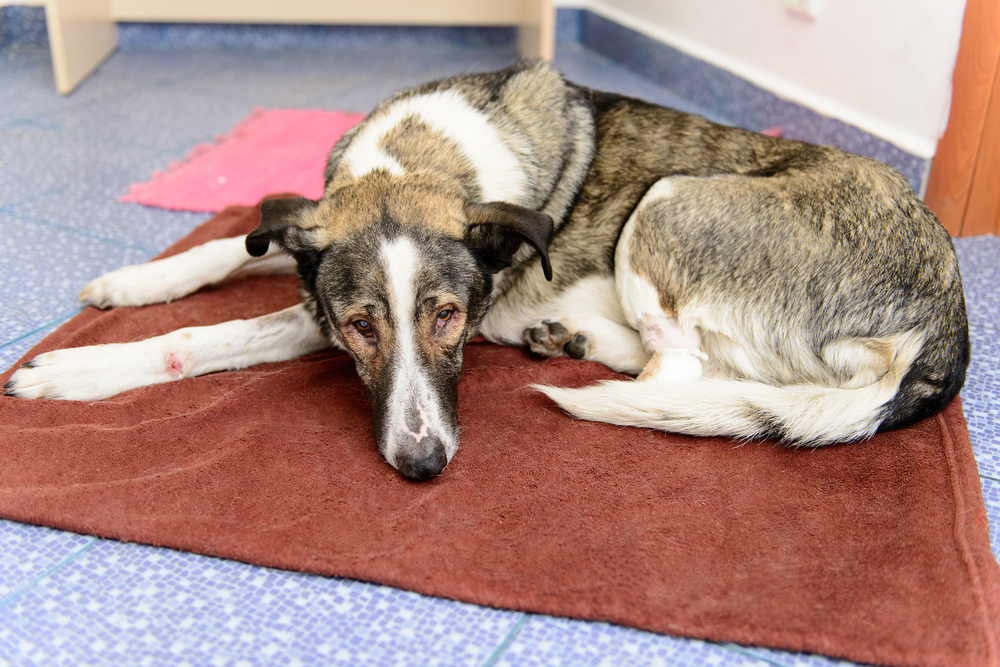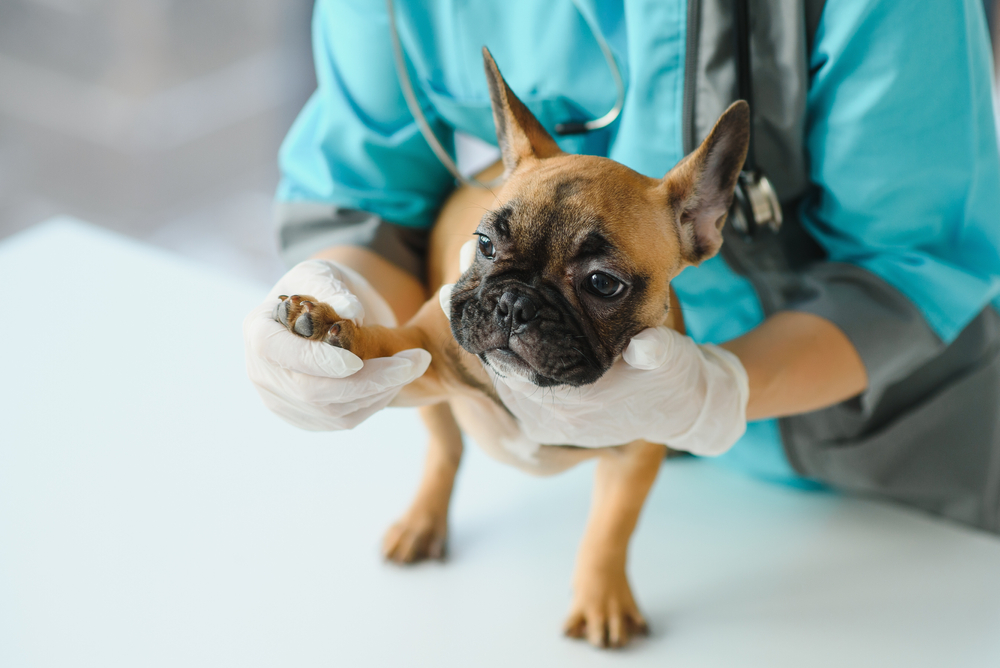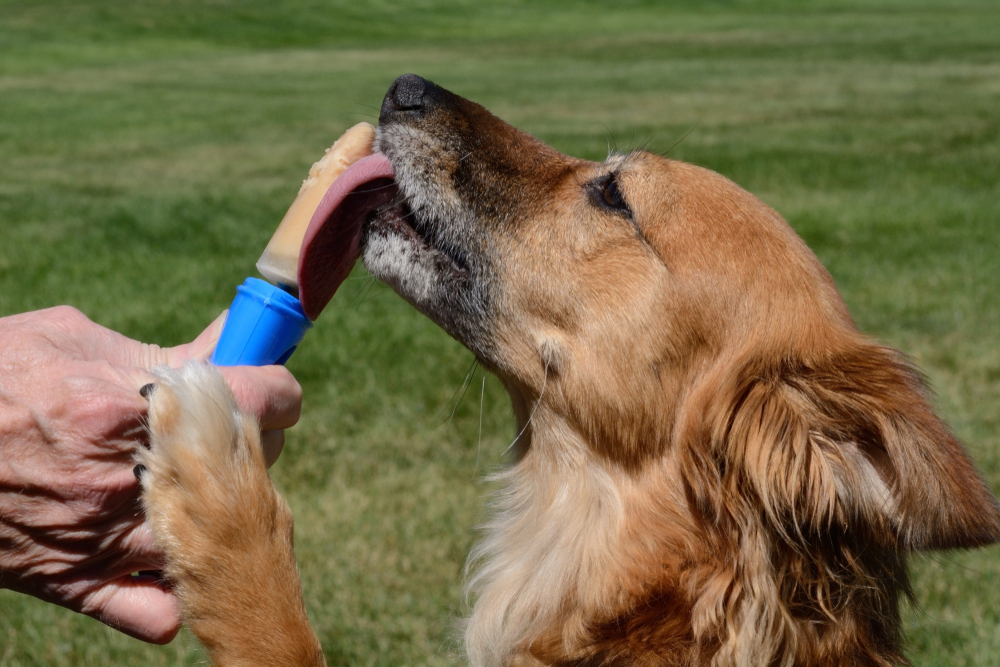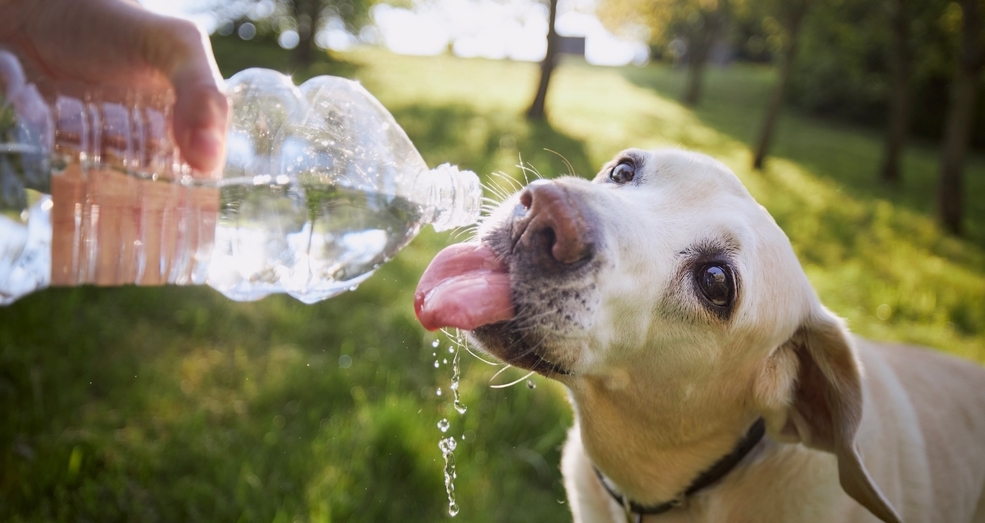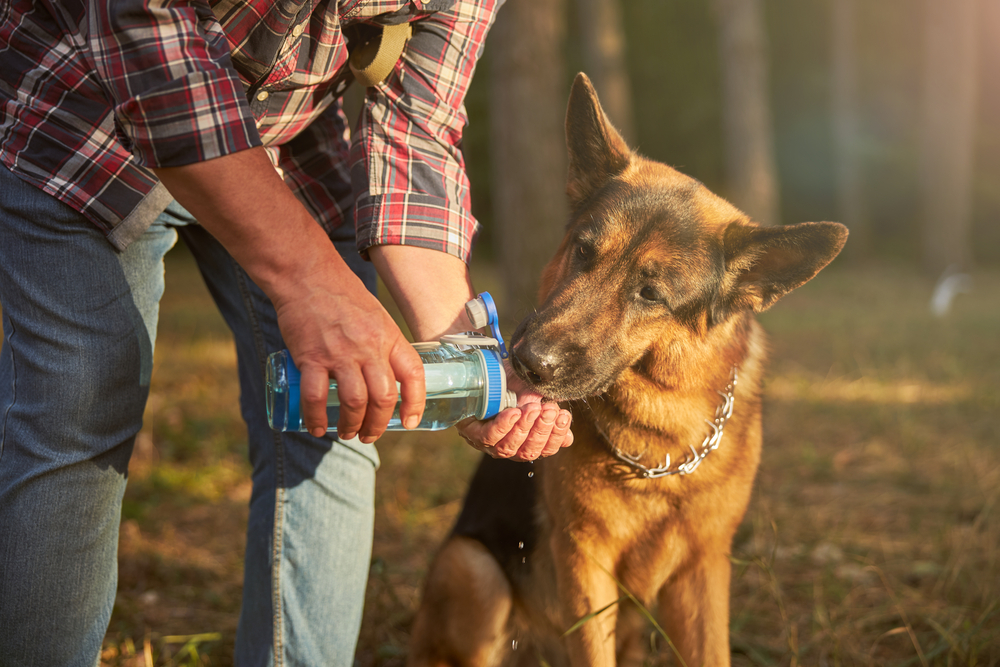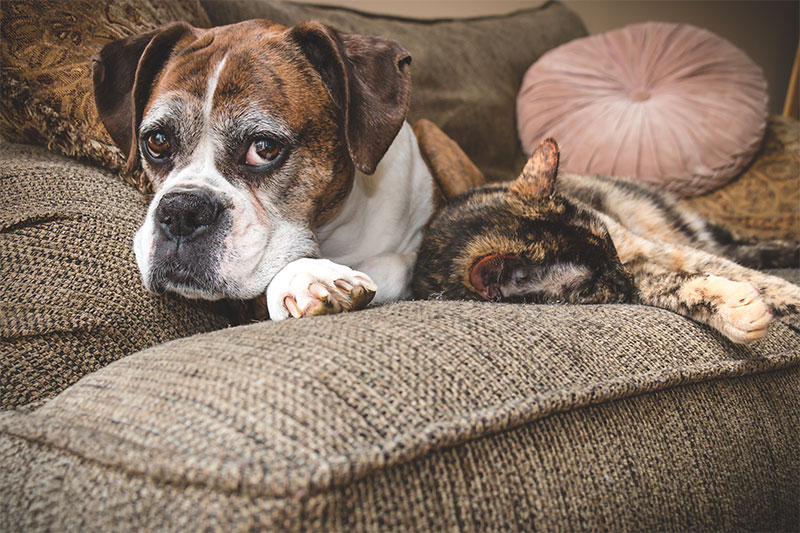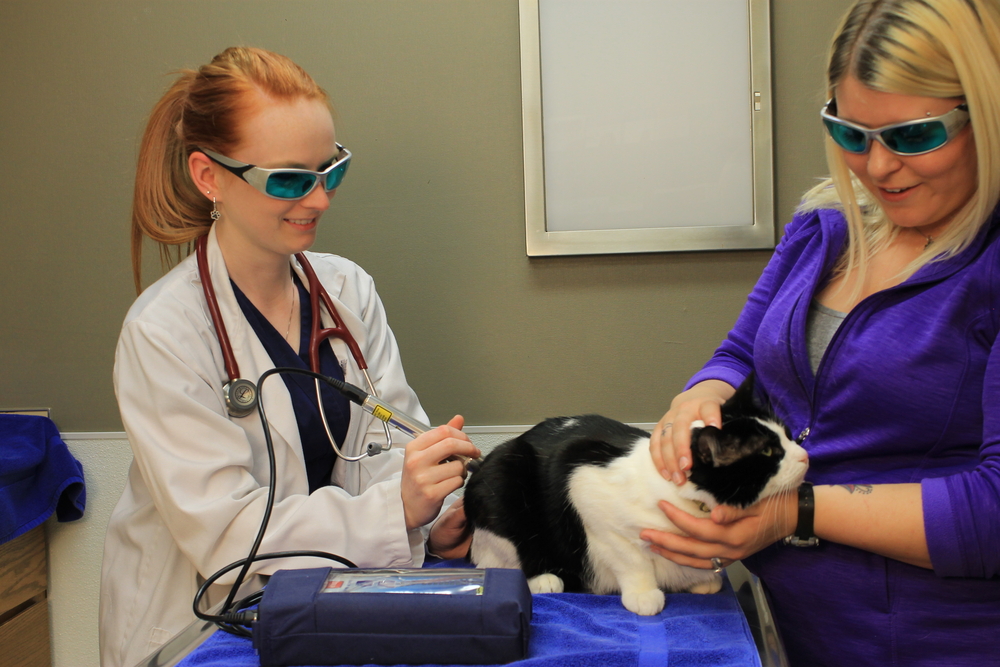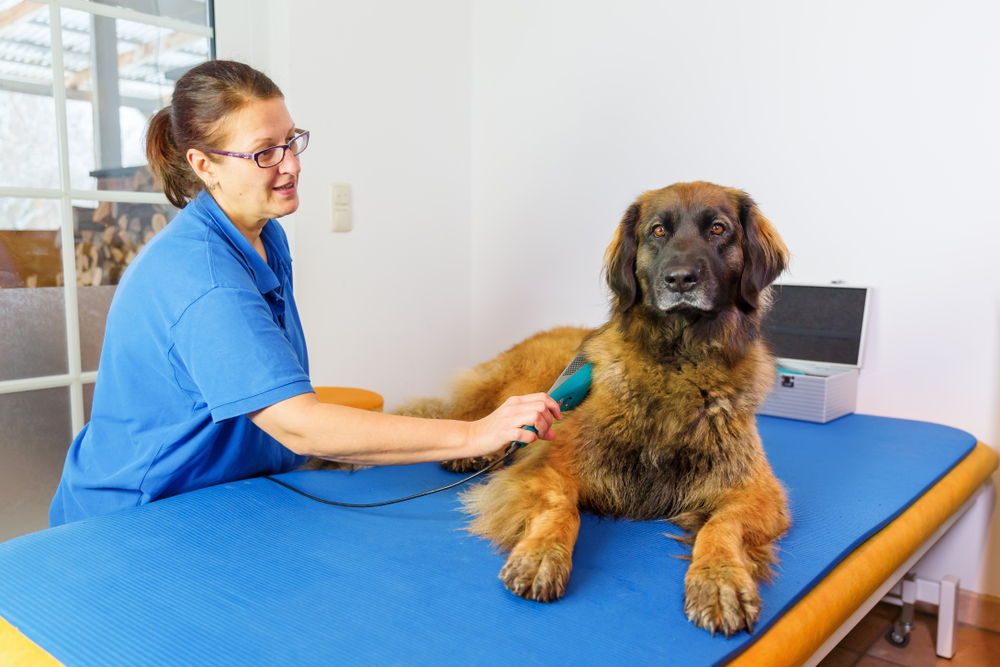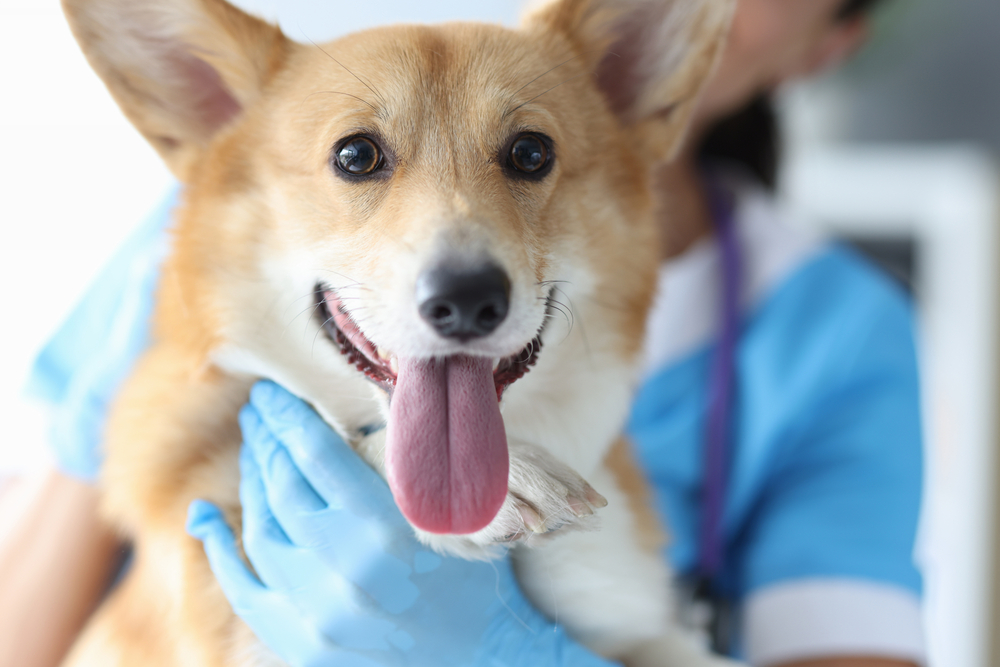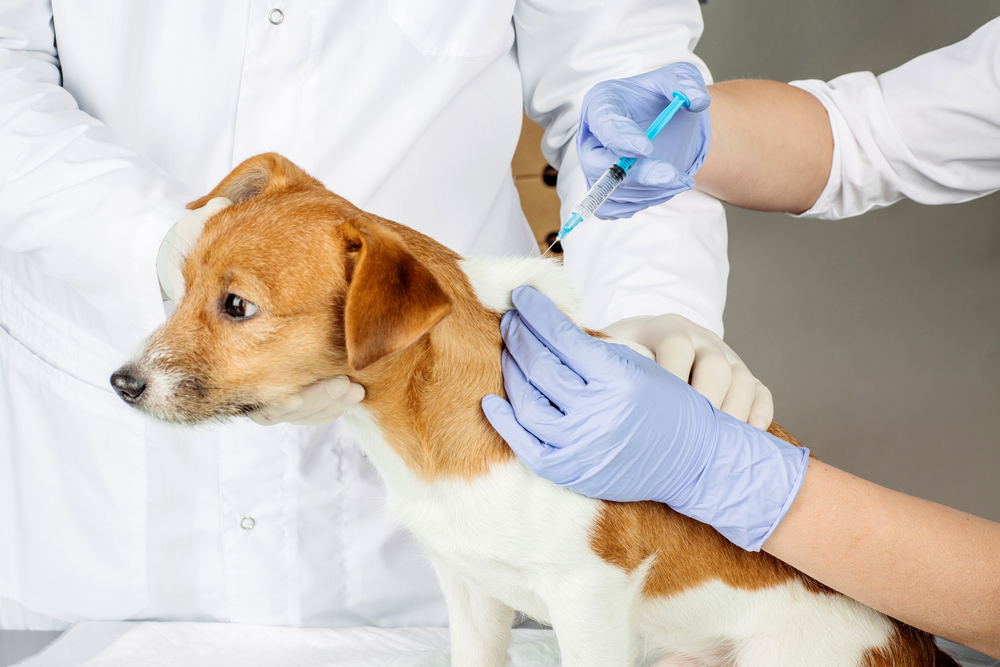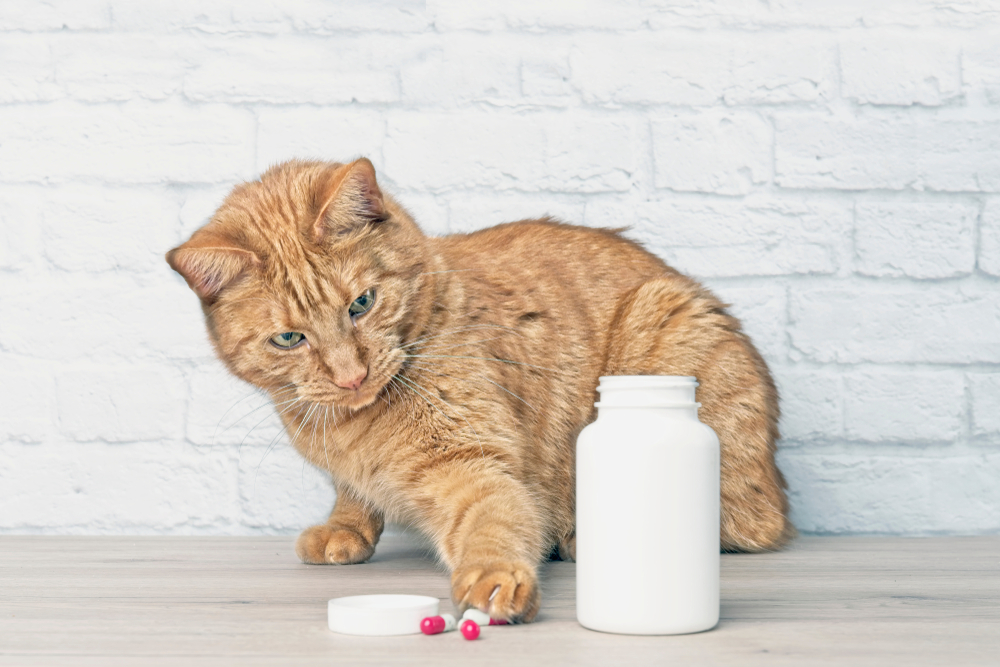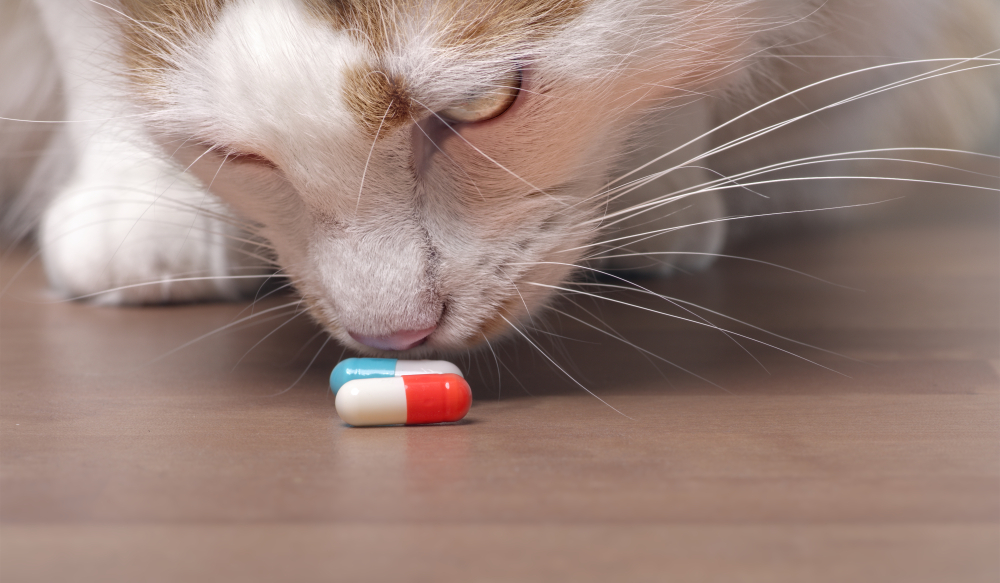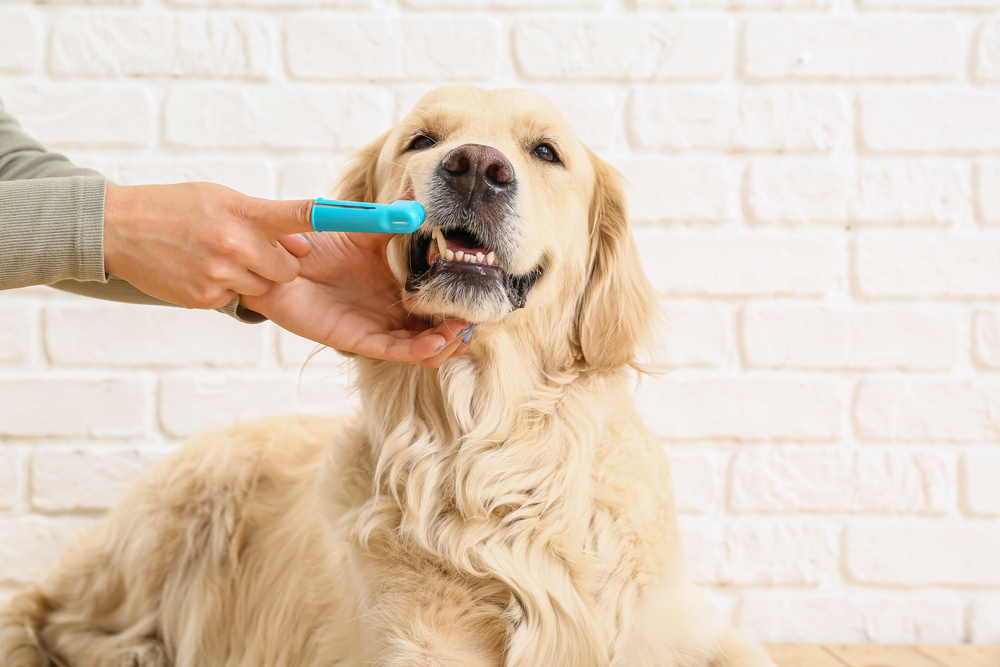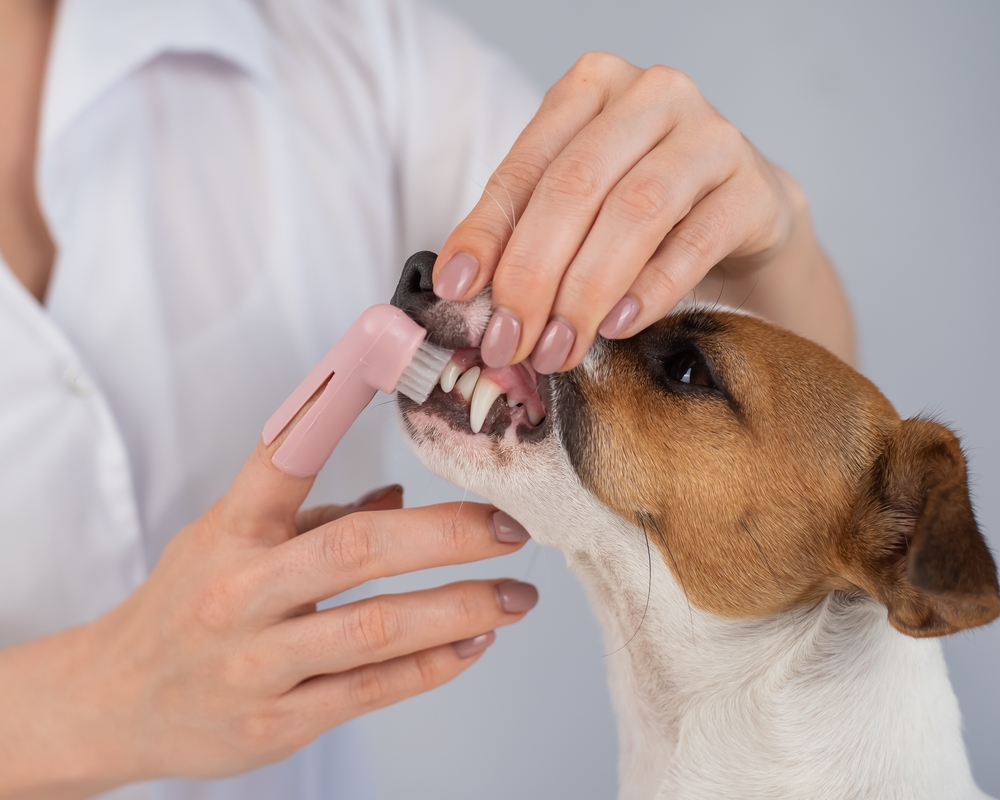
Safe Toys & Gifts: A Guide to Choosing the Right Presents for Your Pets
How To Choose The Right Gifts For Your Pets
1. Understanding Your Pet’s Needs
Every pet is unique, and their toys should reflect their size, breed, age, and activity level.
For Puppies and Kittens: Soft, chewable toys can help with teething and keep them entertained. Avoid small or breakable parts that could be swallowed.
For Adult Dogs and Cats: Durable toys that stimulate their minds and bodies, like puzzle feeders or sturdy chew toys, are great choices.
For Senior Pets: Consider softer toys and low-impact options to accommodate their aging joints and teeth.
When in doubt, consult with a veterinarian to ensure your selections are suited to your pet’s specific health and lifestyle.
2. Choosing Safe and Durable Materials
Safety is paramount when selecting toys and gifts. Poorly made items can break apart, leading to choking hazards or digestive blockages.
Inspect the Material: Look for non-toxic materials and avoid toys with harmful chemicals.
Check for Durability: Ensure toys can withstand chewing or scratching, especially for heavy chewers.
Avoid Strings and Small Parts: These can be swallowed or become entangled, posing serious risks.
3. Avoid Common Holiday Gift Hazards
Some popular pet gifts may be well-meaning but dangerous.
Rawhide Chews: While common, rawhide can splinter or cause digestive issues. Opt for safer alternatives like dental chews or bully sticks.
Human Toys: These are not designed with pet safety in mind and can include hazardous components.
Holiday Treats: Always check ingredient lists for pet-safe items, as some festive treats can contain toxic ingredients like chocolate or xylitol.
4. Prioritize Mental and Physical Stimulation
Toys should not only be fun but also enrich your pet’s life.
Interactive Toys: Puzzle feeders, treat-dispensing balls, and hide-and-seek games encourage problem-solving.
Active Play Toys: Fetch toys, laser pointers, and cat wands can keep your pets moving and engaged.
Comfort Items: Plush toys or blankets can provide a sense of security for pets who experience stress or separation anxiety.
5. Embracing Responsible Pet Ownership
Choosing safe toys and gifts is an essential part of being a responsible pet owner. Providing appropriate enrichment for your pet contributes to their mental and physical health, preventing boredom and destructive behaviors.
Regular check-ups with a trusted veterinarian ensure your pet stays healthy enough to enjoy their new toys and treats. If you’re ever unsure about a gift or toy, consulting your vet can offer peace of mind.
Wesson Animal Clinic: Supporting Pet Health in Mobile County









